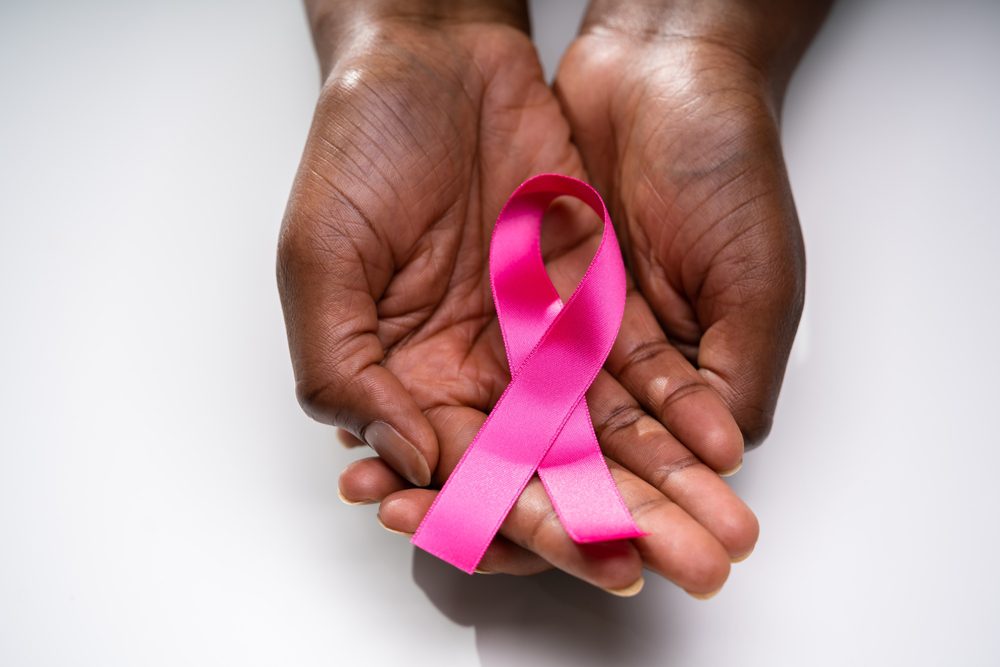Breast cancer stands as a leading cause of cancer death among Black women in America. For non-Hispanic Black women, it has become the primary cancer-related killer. This stark reality underscores the urgency of awareness and early intervention. Research indicates Black women face higher mortality rates from breast cancer compared to their white counterparts, highlighting the critical need for proactive health measures within the community.
In recent years, Black actresses have emerged as powerful health advocates, taking on roles that both entertain and educate. These women become warriors on screen, challenging societal narratives and inspiring Black women to prioritize their health. Their portrayals resonate deeply, personalizing the fight against breast cancer and empowering viewers to take control of their health narratives.
Television has evolved into a potent medium for addressing health issues, particularly breast cancer, through the lens of Black actresses. Several shows have delved into the emotional and cultural intricacies surrounding this disease.
The acclaimed drama “Being Mary Jane” features Gabrielle Union as Mary Jane Paul, who grapples with a breast cancer scare involving a close friend. This storyline resonates with many Black women, highlighting both vulnerability and resilience. Mary Jane’s fears intertwine with personal struggles, including her relationship with her niece and fertility concerns. While her friend’s scare proves to be a false alarm, the narrative continues to explore breast cancer’s impact when another character, Kara, faces a genuine battle.
In a more recent portrayal, Guerdy Abraira’s real-life fight against breast cancer on “Real Housewives of Miami” showcases the grit behind the glamour. Her candid sharing about early detection serves as a powerful reminder of the importance of regular health screenings.
While “Queen Sugar” doesn’t focus solely on breast cancer, it features health-related storylines that strike a chord with viewers. Actress Tina Lifford portrays Violet Bordelon, battling lupus, a chronic illness reflective of broader struggles faced by Black women. The show’s creator, Ava DuVernay, brings personal insight to these narratives, having battled lupus herself for nearly three decades.
In Tyler Perry’s film “The Family That Preys” Alfre Woodard plays Alice Pratt, a mother navigating family dynamics while confronting the specter of cancer. The film intricately weaves cancer into its narrative, highlighting the silent battles many Black women face.
The representation of Black women in breast cancer stories is crucial. These portrayals not only validate experiences but also empower women to take charge of their health. By normalizing the struggles associated with breast cancer, these narratives inspire others to prioritize early detection and health awareness.
Seeing these stories on screen serves as a reminder that no woman fights alone. Through unity and awareness, the narrative surrounding breast cancer in the Black community can be transformed.
As advocacy for health awareness continues, it’s essential to recognize the media’s role in shaping perceptions and inspiring action. The stories told by Black actresses not only entertain but educate and empower, making a significant impact in the fight against breast cancer.
These portrayals go beyond mere entertainment, serving as catalysts for change in how Black women approach their health. By seeing themselves represented in these complex, nuanced roles, viewers are encouraged to engage more actively with their health care.
The impact of these narratives extends beyond the screen, influencing real-world behaviors and attitudes. They spark conversations within families and communities, breaking down stigmas and encouraging open dialogue about breast health and cancer prevention.
Moreover, these stories highlight the importance of culturally competent health care. They underscore the need for medical professionals to understand and address the unique challenges faced by Black women in accessing and receiving quality health care.
As breast cancer awareness continues to grow within the Black community, these media representations play a crucial role in shaping a more informed, empowered and proactive approach to women’s health. They serve as a call to action, urging women to prioritize regular screenings, self-examinations and overall health maintenance.




